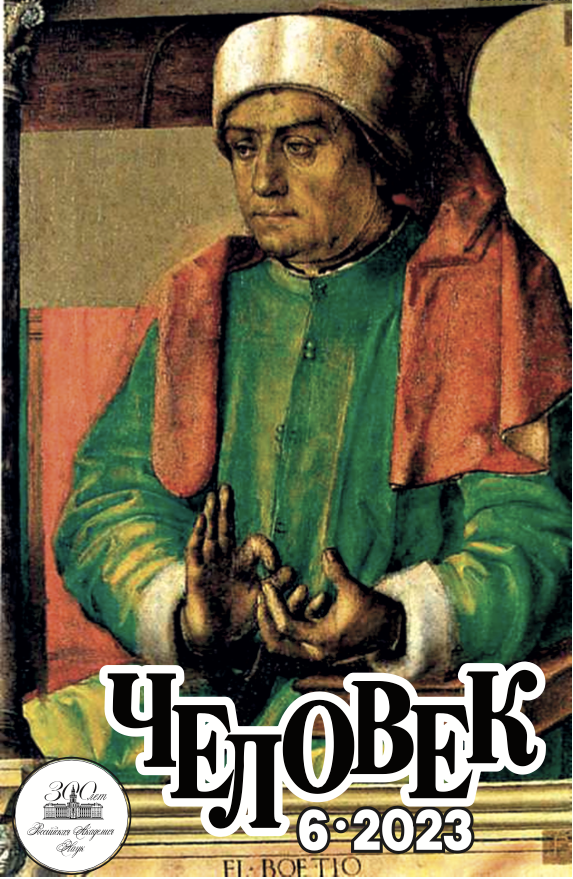To Include or to Exclude? The Problem of the Observer in Cultural and Analytical Anthropology
Keywords:
Malinovsky B., Podoroga V.A., social anthropology, philosophical anthropology, analytical anthropology, observation, methodology, fiction, phenomenology, comparative analysisAbstract
The article is dedicated to the study of the role of non-participant observation in the analytical anthropology of Valery Podoroga. Non-participant observation is considered in comparison with the classic method of field anthropology — participant observation. Theoretical objectives and goals of participant observation are formulated, and the general logic of its evolution is identified. The analysis of Malinovsky’s field diaries allows determining significant influence of Western literary tradition on the position of a “participant observer” as well as the fundamental “exclusion” of the anthropologist from the sociocultural context at an early stage of the method development due to the implicit presence of a colonial attitude in the researcher’s outlook. It is emphasized that as the method of participant observation develops, the communicative element increases, which leads to a complete “inclusion” of the researcher in the target sociocultural environment. After that, the role of the method of “participant observation” in Valery Podoroga’s philosophical project is identified, his own opposition between the participant and non-participant types of observation is analyzed, and considerable influence of the phenomenological tradition on the latter is highlighted. The examples provided by Valery Podoroga in his methodological work “Anthropogrammes” (2017) are analyzed. In conclusion, declarative differences as well as similarities of both methods are studied, including the important literary element of both approaches which does not allow considering them as strictly scientific and nomothetic ones but allowing to classify them as ideographic methods. In both cases, the presence of a considerable sociocultural distance between the researcher and the subject of research is identified as a significant characteristic of anthropological experience. Possibilities of a synthesis of both approaches are outlined through separation of the phases of an anthropological study: field study and archive work. The heuristic potential of non-participant observation is identified when determining structural features of the studied commonalities using phenomenological analysis.






